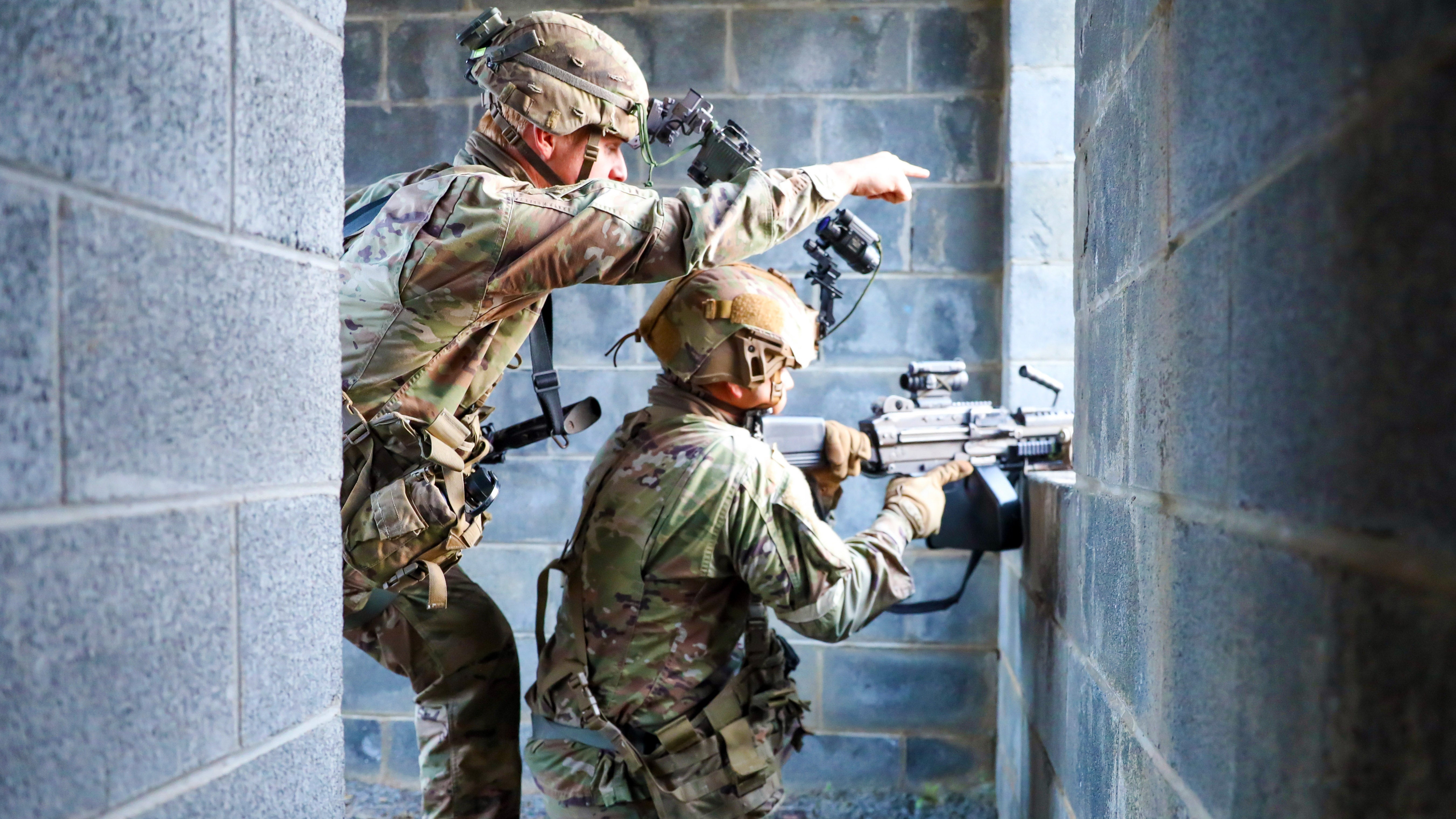Good Communication Helped Soldiers Navigate Pandemic
Good Communication Helped Soldiers Navigate Pandemic

Soldiers whose commanders communicated well during the pandemic were less likely to experience anxiety or loneliness, and more likely to practice good habits to prevent the spread of COVID-19, according to a new survey.
“[COVID-19] really just reaffirmed what we already knew—that commanders who communicate effectively reduce stress within their organizations,” Lt. Col. Sam Preston, chief of the behavioral health division in the Office of the Surgeon General and psychiatry consultant to the Army surgeon general, said May 6 during an interview.
The pandemic, Preston said, “was able to highlight that and demonstrate” that communication had a “readiness implication.”
The survey, conducted in May and June 2020 by the Walter Reed Army Institute of Research, found soldiers who reported having a supervisor who communicated well during the pandemic were less likely to screen positive for behavioral health issues, such as anxiety, depression, heavy drinking, sleep problems or loneliness.
These soldiers were also more likely to report “frequently” or “always” practicing COVID-19 prevention measures, such as wearing a mask, washing hands and monitoring for symptoms, the report says.
The findings, published in April, highlight the importance of effective communication, which was critical throughout the early months of the pandemic as policies and news regarding COVID-19 frequently changed.
Preston said leaders who communicated well within their commands “were able to respond much quicker” when issues that could impact readiness did appear.
Speaking in May during Mental Health Awareness Month, Preston stressed the importance of reaching out and acknowledging “other people’s existence,” adding that the isolation driven by the pandemic has created an “unnatural situation” for mental health.
“We are highly bound to one another socially,” Preston said. “The pandemic really highlighted the impact of isolation as a stress and how important it is to communicate with individuals, even though you're not able to be in the same room.”
Read the full report on the survey here.

